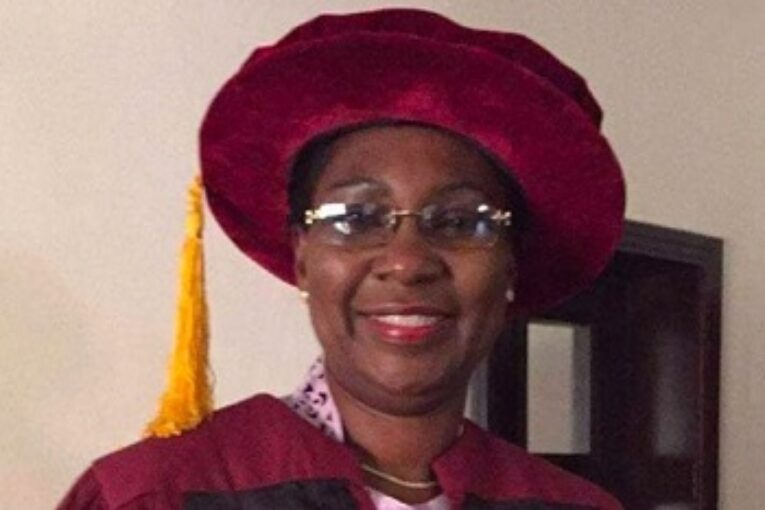
The Vice Chancellor of Lagos State University, Prof. Ibiyemi Olatunji-Bello, has called for greater infusion of technology into the teaching and practice of theatre arts in Nigeria, warning that the future of the profession depends on its ability to adapt to new digital realities.
Olatunji-Bello made the call while addressing scholars, practitioners and students at the 2025 annual conference of the Society of Nigerian Theatre Artists, held at LASU, Ojo, with the theme: “Technology, Intercultural Dialogue and the Future of the Performing Arts.”
She noted that the conference, hosted on the LASU campus for the first time in almost four decades, provided an opportunity for critical reflection on the evolving role of technology in performance.
Olatunji-Bello said, “The theme of this year’s SONTA conference is both timely and thought-provoking. It invites us to reflect on how evolving technologies are transforming the way we create, share and experience performance.
“It challenges us to embrace intercultural dialogue as a tool for unity, empathy and innovation. And it calls on us to imagine a future where culture and the performing arts remain a powerful force for social change, cultural preservation and global connection.”
Highlighting LASU’s commitment to the creative industry, Olatunji-Bello said the university established the School of Creativity, Culture and Tourism Studies in 2023 to consolidate the teaching of creative disciplines under one roof.
According to her, hosting SONTA “reinforces our belief that the performing arts are not just a means of entertainment. They are instruments of education, empowerment and transformation.”
In his remarks, the outgoing President of SONTA, Prof. Gowon Doki, stressed that technology, particularly Artificial Intelligence, had become unavoidable for theatre practice.
“The theme is not only apt but strategic, because technology today is no longer a side chick but the main wife,” Doki said.
“If we are to remain relevant in this fast-changing world driven by AI, then efforts must be intensified to reconcile practice with the fundamental principles of Artificial Intelligence.”
He noted that every profound transformation in the 21st century required technology, warning that practitioners who failed to adapt risked obsolescence.
“This conference seeks to explore the critical intersections between technology, intercultural dialogue and the future of the performing arts. I am optimistic that scholars will offer insightful recommendations that will guide us going forward,” he added.
Reflecting on his tenure, Doki said SONTA had recorded milestones, including transforming the Nigerian Theatre Journal into a high-impact, globally recognised publication and expanding membership.
“Beyond the euphoria of being elected President in 2021, I am thankful to God that I have come to the end of my tenure successfully. We successfully hosted our annual conferences, published quality research and forged strategic partnerships that will be leveraged in future,” he said.
Doki also urged Nigerian theatre artists to address national challenges through their work.
“Our ink of creativity must be refilled, just as our instincts must be pricked to engage with the issues bedevilling the nation.
“Poverty, insecurity, corruption, unemployment and the collapse of cultural values are themes that must be critically examined. Playwrights, directors, costumiers, choreographers, designers, critics and communication experts must all anchor the search for solutions,” he said.
He argued that the theatre artist remained well-positioned to guide Nigeria through turbulent times.
“The theatre artist who can relax nerves while interpreting issues is the most qualified to guide Nigeria to success at this time. Many citizens are demotivated and disillusioned, and we must galvanise a more positive and patriotic populace through our profession,” he said.
The conference produced Prof Tunji Azeez, the acting Dean, School of Creativity, Culture and Tourism, LASU, as the new SONTA president.
Other members of the new executive committee include Prof Adediran Ademiju-Bepo, Prof Osakue Omoera, Prof Tochukwu Okeke, Dr Tosin Tume, Prof AbdulRasheed Adeoye, Dr Ruth Epochi-Olise, Dr Bunmi Adedina, Dr Ola Ifatimehin, and Dr Jimmy Akoh.
Over 200 well-researched papers were presented at the LASU conference, where scholars made recommendations on how technology, culture and theatre can be better integrated for national development.




